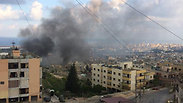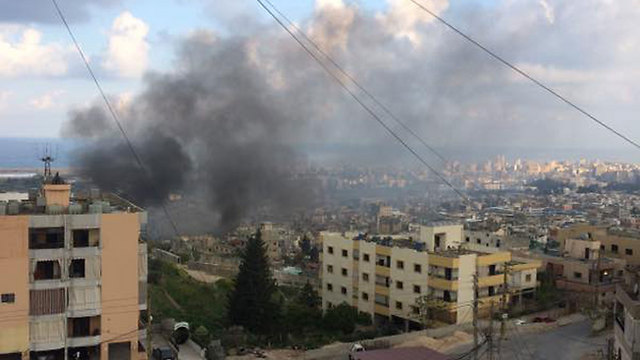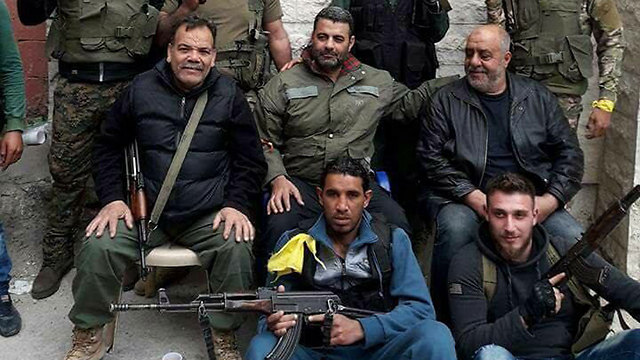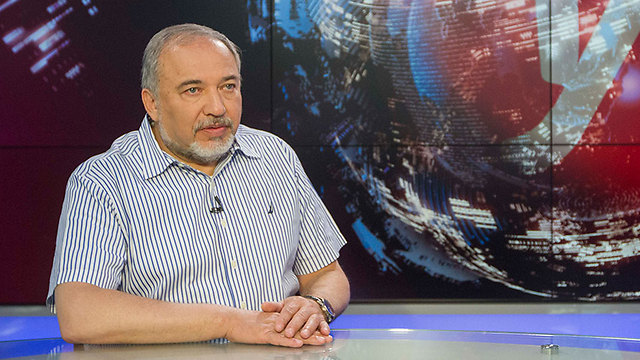
The Palestinians in Lebanon against the ‘Rambo of Ein El Hilweh’
In the Lebanese refugee camp of Ein El Hilweh, there are battles between Palestinian organizations and armed Salafis, headed by Palestinian Bilal Bader. Ten were killed and dozens injured—but the Lebanese army doesn’t intervene.
Under the Cairo agreement signed in the early 1970s, the Lebanese army does not enter the Palestinian refugee camps. However, since the 1990s, the Lebanese army has increased its presence around the problematic camp, where some 80,000 people live in crowded conditions. In recent months, in light of fears that support for ISIS has been growing in Ein El Hilweh, the authorities have begun to build a kind of concrete fence around the camp. The move aroused great resentment among the Palestinian factions inside and outside Lebanon, and as a result, construction has been frozen.
Ein El Hilweh is considered the largest Palestinian refugee camp in Lebanon. In the camp in question there were occasional serious security incidents and liquidations. There are a number of Palestinian factions, headed by Fatah, who have recently been dealing with a group of armed men loyal to a man named Bilal Bader, who operates from the a-Tiri neighborhood in the crowded refugee camp. Bader, a Palestinian identified with the radical Salafi movement, has already been dubbed "the Rambo of Ein El Hilweh." His gang is accused of assassinating senior Fatah officials in the camp.
In recent days, the confrontation between these Palestinian factions and the same group of armed men was particularly violent. It is estimated that 10 people were killed and another 50 injured in the fierce battles that are still taking place there, during which various weapons were used. This evening, the joint Palestinian force entered the problematic neighborhood in order to impose order—and then announced that a lull had been achieved.
Residents outside the camp were also affected by the difficult fighting. As a result of the situation, the political leadership of the Palestinian and Islamic factions gathered in the camp on Tuesday to form a unified position. A cease-fire was agreed upon, and action was taken to destroy the armed group of Bilal Bader, who is now considered a fugitive. The Lebanese authorities are concerned about the events and if the fighting continues, it is possible that the Lebanese army will be forced to intervene and enter the camp, a move that it has avoided for years in light of the already sensitive relations between the authorities and the Palestinians.
Israel also addressed the battles in the refugee camp in Lebanon. Defense Minister Avigdor Lieberman spoke on the phone with the UN Secretary-General's envoy to the Middle East, Nikolai Maldanov, and expressed his protest over the world’s apathy in the face of the assassinations and executions in Ein El-Hilweh and the Gaza Strip.
"The international community's disregard over dozens of dead and wounded proves once again the world’s hypocrisy and double standard when it ignores such grave events, while condemning Israel's justified actions against terrorism," Lieberman said. The defense minister added that he expects the issue of the assassinations among Palestinians in the refugee camp to be discussed at the next UN Security Council meeting.
(Translated and edited by N. Elias)














